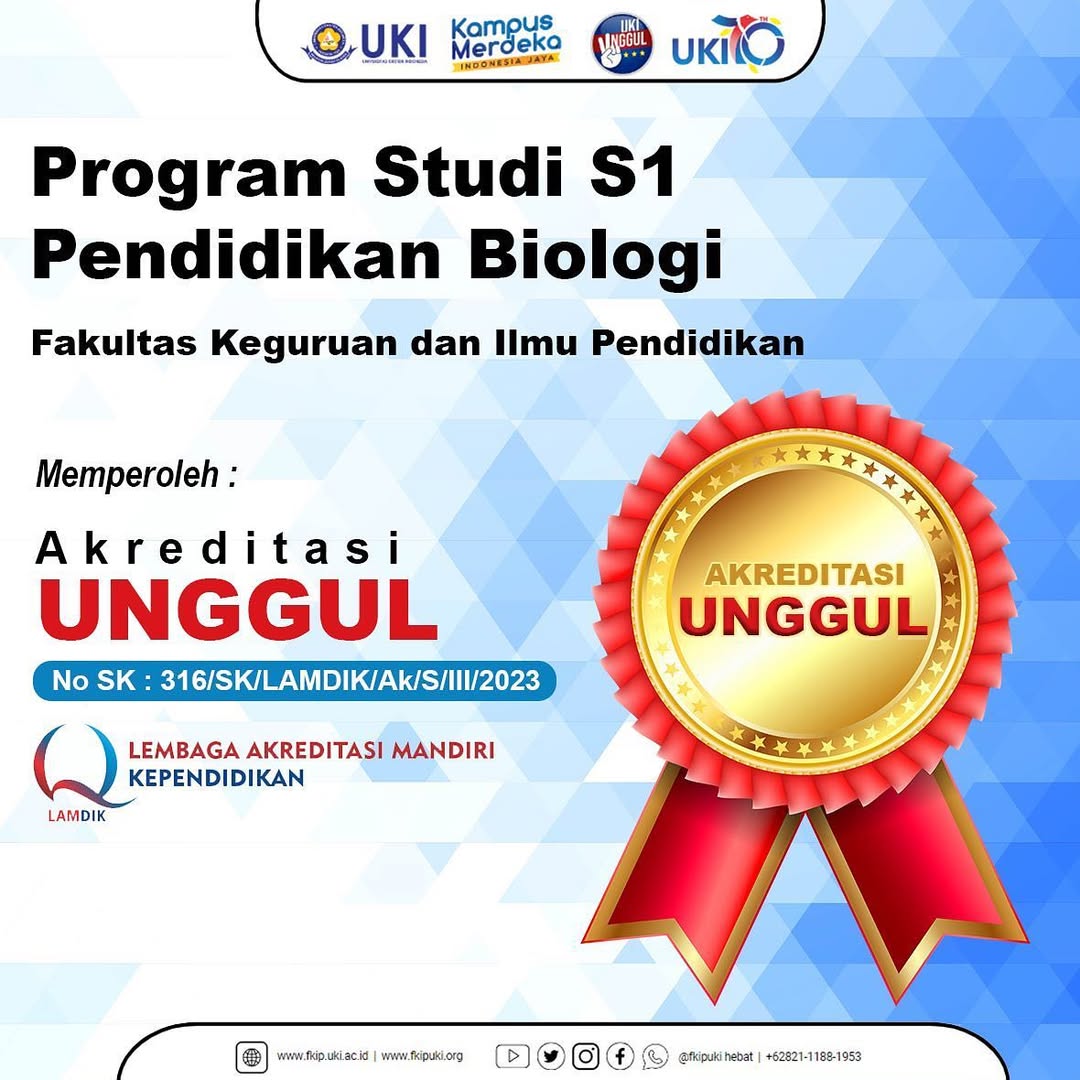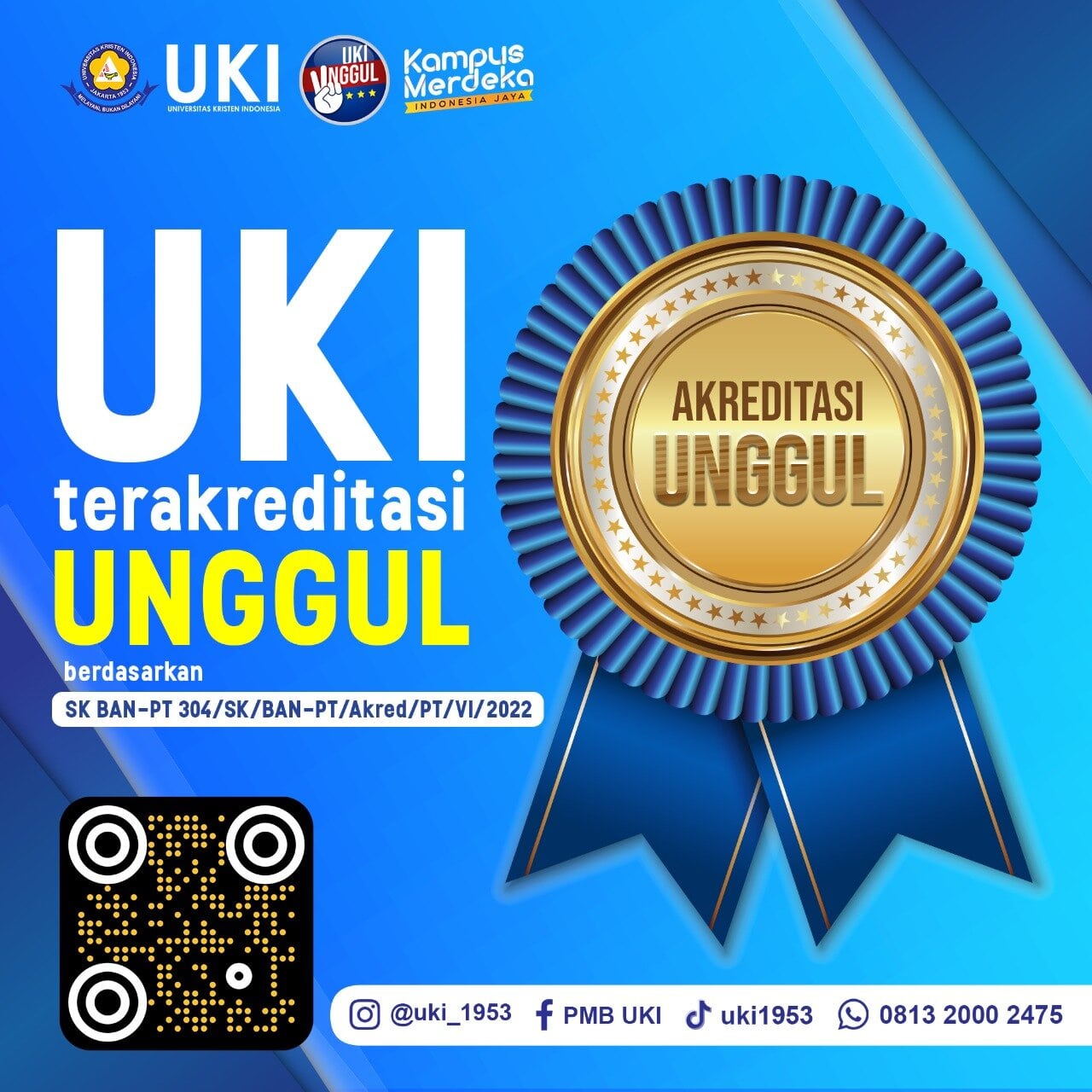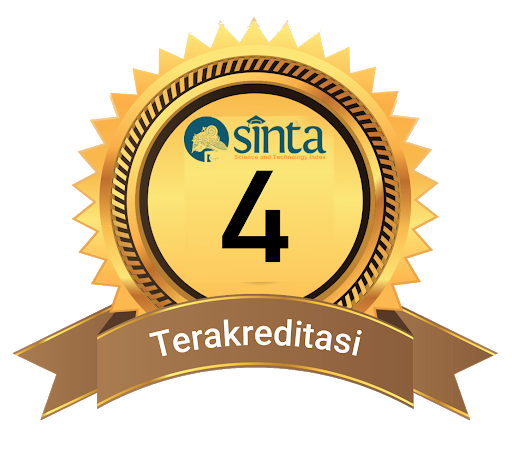PELAYANAN KESEHATAN BERBASIS KEKERABATAN DI KAMPUNG PALINTANG, CIPANJALU, BANDUNG, JAWA BARAT
Abstract
In general, local community both in villages and cities in Indonesia has still maintiended trust to the traditional birth attendants (‘paraji’), even though primary health services by midwives (‘bidan’) at the Puskesmas are available. This study aims to elucidate how the kinship of the ‘paraji’ as health servants and serving health assistance, as well as its interactions with the people of Palintang, Bandung, West Java. The method used in this study was qualitative with ethnographic methods. Some primary data collection techniques in the field, including observation and semi-structured interviews or deep interviews with competent informants were employed in this study. The results of study showed that the kinship of ‘paraji’, as a health servant in Palintang, had a very close relationship with the community. For example, there is a popular term called as ‘ngangken’ son which means to be considerd as child, but not biological child and child from marriage but the term children to ‘paraji’, and ‘paraji’ to children who have been helped in the process of giving birth by these ‘paraji’. The process of becoming a son starts from a 4-month-old child in the womb until marhaba’an is complete. Meanwhile, the process of a child becoming a ‘ngangken’ son will be end when a child dies. But until whenever the services of the ‘paraji’ to the family and child will continue to be remembered by children and families who have been helped by the ‘paraji’ in Palintang.
Keywords: Midwife, Kinship, ‘Paraji’, Health Service, Palintang
- View 642 times Download 642 times PDF



















